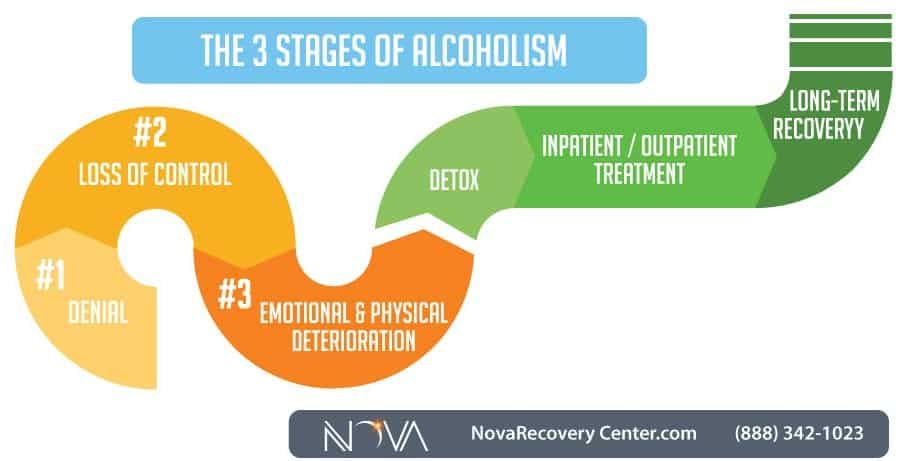Alcohol addiction is a serious and complex disease that affects millions of people around the world. It is characterized by a compulsive need to consume alcohol despite negative consequences. In this article, we will explore the symptoms of alcohol addiction and the various treatment options available for those struggling with this disorder.
What are the Symptoms of Alcohol Addiction?
There are several signs and symptoms that may indicate a person is struggling with alcohol addiction. These can vary depending on the individual, but some common indicators include:
Increased tolerance to alcohol, needing to drink more to achieve the same effects
Withdrawal symptoms when not drinking, such as shaking, sweating, and nausea
Loss of control over drinking, inability to stop or cut back despite wanting to
Neglecting responsibilities and relationships due to alcohol consumption
Continued drinking despite negative consequences, such as legal issues or health problems
It’s important to recognize these symptoms early on and seek help if you or someone you know is struggling with alcohol addiction. The sooner treatment is sought, the better the chances of recovery.
Treatment Options for Alcohol Addiction
There are several effective treatment options available for individuals struggling with alcohol addiction. These can be tailored to meet the specific needs of each person and may include a combination of the following:
Detoxification
Detoxification is often the first step in treating alcohol addiction. This process involves clearing the body of alcohol and managing withdrawal symptoms under medical supervision. It is crucial to detox in a safe and controlled environment to avoid potentially dangerous complications.
Therapy and Counseling
Therapy and counseling play a crucial role in alcohol addiction treatment. These sessions can help individuals understand the underlying causes of their addiction, develop coping mechanisms, and learn healthier ways to manage stress and emotions. Cognitive-behavioral therapy (CBT) and motivational interviewing are commonly used approaches in treating alcohol addiction.
Medication
There are several medications available that can help individuals reduce their cravings for alcohol and manage withdrawal symptoms. These may be prescribed by a medical professional as part of a comprehensive treatment plan for alcohol addiction.
Support Groups
Support groups, such as Alcoholics Anonymous (AA), provide a valuable network of individuals who are also working towards recovery from alcohol addiction. These groups offer guidance, encouragement, and a sense of community to help individuals stay on track with their sobriety goals.
Conclusion
Alcohol addiction is a serious and complex disease that requires professional help to overcome. By recognizing the symptoms of alcohol addiction and seeking appropriate treatment, individuals can reclaim their lives and break free from the cycle of addiction. If you or someone you know is struggling with alcohol addiction, don’t hesitate to reach out for help. With the right support and treatment, recovery is possible.
